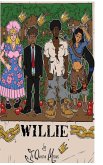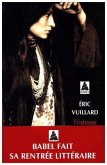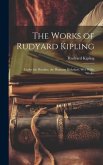Oscar & Willie is fictional in part and non-stereotypical in the traditional sense of how wild-wild western novels and screen scripts were written and or produced back in the day. The author, Manus Anthony Edwards Sr. is a retired Cable Construction Manager from AT&T in Chicago Illinois. This masterpiece of a novel and possible screen-play is dedicated to Eddie Edwards, Manus Edwards, Sr.'s father. This novel is an attempt to correct and or place a more favorable spin on the level and degree of involvement, people of color had in developing the Wild, Wild West. Those, who comprise Manus Anthony Productions, are making a bold attempt to place all motion picture producers and writers, who portrayed people of color as being entirely subservient to all whites, in check. This type of novel was always referred to as a shoot-em-up, by African American, senior males in particular. This novel reveals the true relationships between the Native people, referred to as Indians/Savages, freed and not yet freed descendants of slaves, African Mexicans, African Chinese and African Caucasians and how they coexisted on the western frontier. Oscar & Willie is intended, in many ways, to bridge the infamous gap caused by missing and misinformation relative to the false picture painted by the motion picture industry about the West. It also speaks to the core issue of why people of color have compassion for the Caucasian, (colorless off-spring). "Oscar & Willie" has a likeness to the movies, Silverado, Tombstone, Posse and D'Jango Unchained and could be a sequel to them, as well. These movies were favorites of Eddie Edwards (now deceased), who insisted that Manus Sr. view most of these movies with him, over and over. Immediately afterwards, they would spend hours talking about each character and circumstance. He passed away March of 2001, leaving Manus with the memories of exchanging dialogue with him, relative to the old and the new shoot-em-ups, that Manus began to entertain the idea of writing a western novel. Manus Sr. was always quietly annoyed by the obvious absence and or degrading manner in which all people of color were treated in the movies. It was Manus' opinion that the Motion Picture Industry was never obligated to produce a true characterization of people of color or interpret their cultures and interpersonal relationships accurately, so they didn't. However, he vowed that his western novel would be a piece of ingenious work and everything he felt should be written in it would tell the true story of his most inner feelings about westerns. Manus named the novel in memory of twin boys he came to know at Saint Elizabeth grammar school. Other than those well-known persons to whom references are made, that are coincidental to the plot, and characters in this piece of work are creations of Manus Sr. Any resemblance to actual persons, living or dead, is entirely coincidental. Where the names of the actual persons or places are mentioned, the situations, occurrences, and descriptions relating to them, and any statements and dialogues that may be attributed to them, are completely fictional and are not to be construed as defaming, real or factual. This is a must and easy read, which is the most mind boggling, dramatic, compassionate and entertaining, novel, you have ever read. If you're presently sitting on the fence of life, not really knowing where you are in the world today as a person or waiting for someone to tell you; you might just end your frustrations after reading this novel.
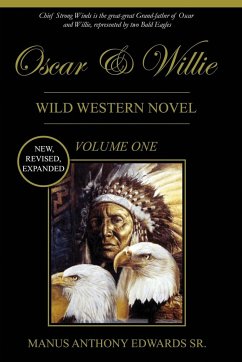
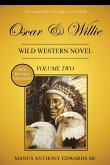
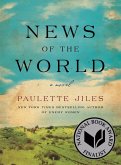
![News of the World [Movie Tie-In] News of the World [Movie Tie-In]](https://bilder.buecher.de/produkte/59/59179/59179588m.jpg)
